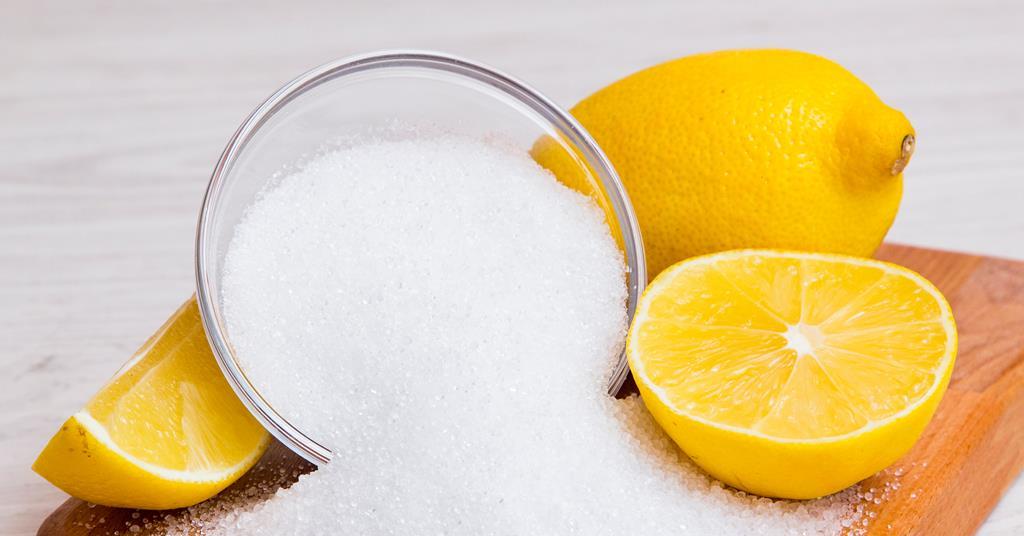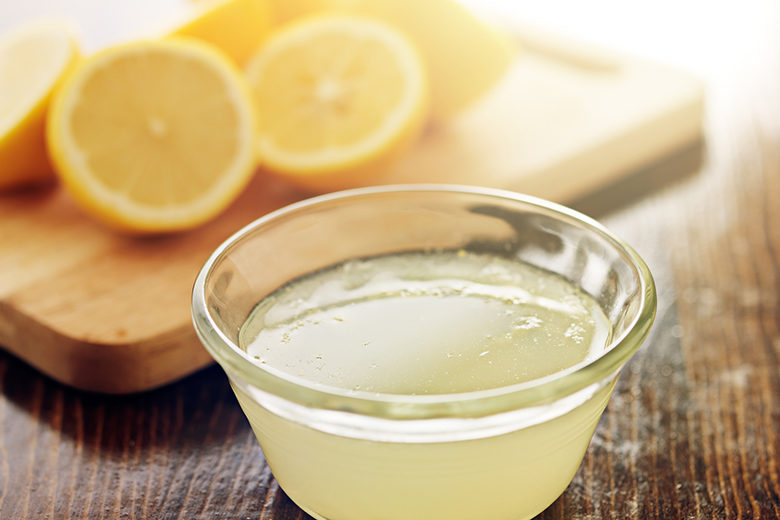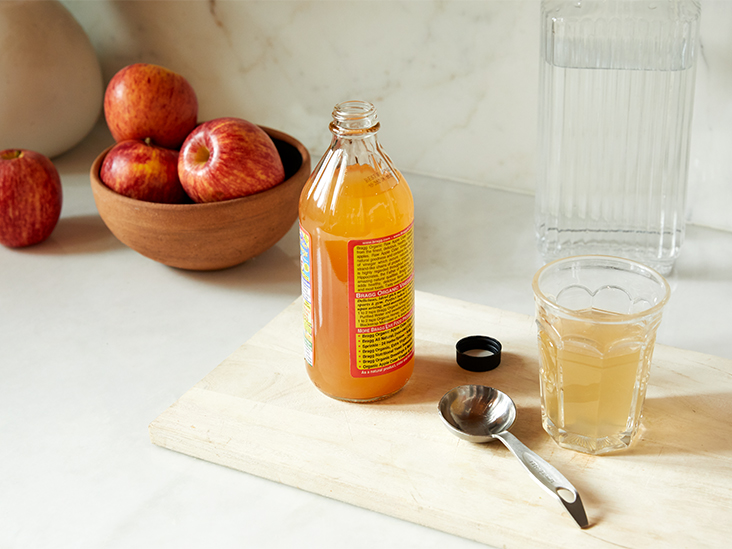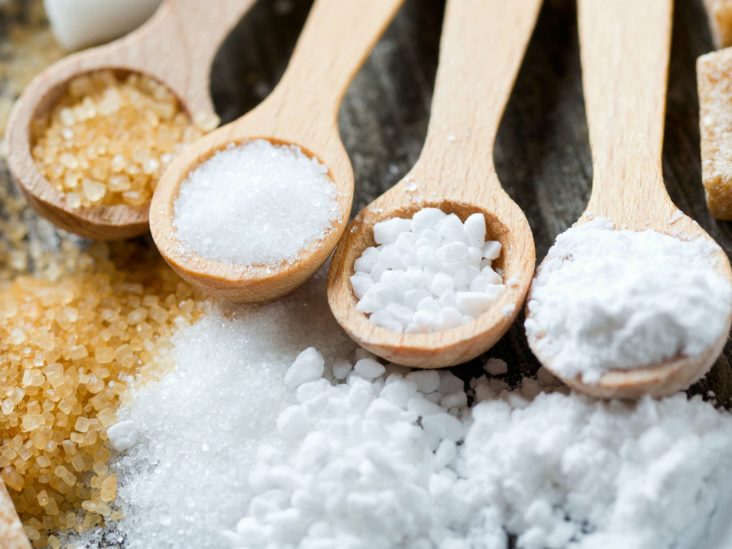8 Citric Acid Substitutes That Work

Citric acid is usually available in the baking area of supermarkets. It’s a white powder used to preserve food, tenderize meats, and bake, especially when cooking anything sour. It’s a handy tool to have around the house for preserving foods, especially for making your wine, but it’s not usually accessible in stores. Citric acid is found in fruits like lemons, pineapples, and oranges, and it imparts a sour, acidic flavor to a variety of dishes.
Citric acid is less sour in fruit since it is more diluted, but citric acid on its own has a highly sour flavor that can be likened to vinegar. Although citric acid is an excellent component to keep on hand, excellent replacements are available. Lemon juice, white vinegar, tartaric acid, and apple cider vinegar are all excellent alternatives for citric acid. You can easily substitute other components for citric acid. The most excellent apple cider vinegar replacements are listed below.
1. Lemon Juice

It is ideal because citric acid is commonly obtained from lemon juice. Lemon juice is quite acidic and sour, so it is the most excellent citric acid alternative. You can substitute it for citric acid in the same recipes. Use around four tablespoons of lemon juice for each tablespoon of citric acid, as lemon juice is considerably less concentrated than citric acid. Lemon juice is commonly used to marinate meat and produce cheeses such as mozzarella. As a result, if you can’t locate citric acid, lemon juice is the finest substitute.
2. White Vinegar
Because it is so acidic, distilled white vinegar is a good alternative for citric acid. Instead of citric acid, you can use the same recipes. In the cheesemaking process, you may use white vinegar to tenderize meat, keep dishes fresh, and transform milk into curds and whey. Because vinegar is more diluted, you should use around three times the amount of citric acid when replacing. You may also add more. However, because vinegar alters the flavor somewhat, don’t use too much, or you will ruin the dish.
3. Apple Cider Vinegar

Because apple cider vinegar is likewise quite acidic, you can substitute it for citric acid or white vinegar. When fermenting wines, this is a very suitable replacement. It is frequently substituted for citric acid in wines. Tartaric acid can also be used in other recipes. However, tartaric acid is more acidic, so use roughly half of the citric acid. You can add more as needed, but don’t use the entire quantity at the start of the preparation.
5. Vitamin C
This vitamin, commonly known as ascorbic acid, is present in many citrus fruits. As a result, you may get it at nutrition and specialized stores under both names. Vitamin C is an excellent alternative for citric acid since it has comparable functions. It’s also an excellent preservative; thus, it’s a fantastic option for citric acid when preserving foods. You may use it in other recipes because the two functions are identical, and you can substitute the exact amounts of vitamin C for citric acid. You may obtain vitamin C by purchasing vitamin C tablets, crushing them, and adding them to your recipe.
6. Boiling Water And Citric Acid Crystals
If you can’t locate citric acid in powdered or liquid form in your local store, the best option is to get citric acid crystals online. These can be found online for a reasonable price, and they endure a long time, allowing you to utilize them in several recipes. Dissolve your citric acid crystals in boiling water and mix until completely dissolved, and you’ll have citric acid ready to use in any recipe you wish. Although ordering citric acid crystals may take some time, you may rest assured that the recipe will work and turn out just as you expected.
7. Sugar

Citric acid is the polar opposite of sugar. If you don’t want it to be too sour, you may use sugar instead if you’re creating homemade gummy candy or something else that requires a sour coating. Please remember that this will not work in any recipes, including wine, cheese, or meat tenderization. It will, however, work when producing candy that does not need to be sour. Instead of citric acid, you can cover the candy with sugar to give it a sweet, crunchy surface instead of a sour one.
8. Salt
Salt is a common food preservation ingredient. You may store items in a brine solution to extend their shelf life in many cases. Salt eliminates the need for citric acid to preserve the food; however, it may still be beneficial. If you need to preserve anything with citric acid, consider salting it or placing it in a brine solution. It will endure longer as a result of this.
FAQs
Is it possible to create your citric acid?
If liquid citric acid is required in your recipe, you can buy citric acid crystals and dissolve them in boiling water, constantly stirring until they dissolve. You can use lemon juice to extract citric acid if desired. However, this takes time, and you’ll need other chemicals like calcium chloride, sodium hydroxide, and sulfuric acid to extract the citric acid and convert it to crystals. You will also not receive a large number of crystals. You may, however, manufacture your own at home if you so choose.
Is it possible to use baking soda for citric acid?
You cannot use baking soda in place of citric acid. Because they serve distinct purposes, you cannot use baking soda instead of citric acid. On the other hand, Citric acid causes baking soda to activate and bubble, which may be helpful in some recipes. However, it will not operate in the same way as the original, and your recipe will not turn out as expected.
Can I use a cream of tartar instead of citric acid?
Yes, instead of citric acid, you can use a cream of tartar. You may find the cream of tartar in the baking section of most supermarkets. It’s used in a lot of baking recipes, including snickerdoodles. It’s also known as tartaric acid, previously described as a citric acid alternative. Because citric acid is more acidic than cream of tartar, use just approximately half the amount. Then, as you go along, add more as necessary.
Is it possible to substitute apple cider vinegar for citric acid?
Yes, you may substitute apple cider vinegar for citric acid.











